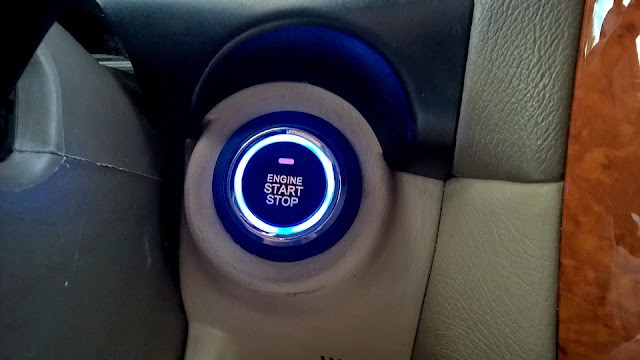Medication Management System entails the use of automated processes to monitor, reconcile drugs, and document the patient’s health records
Using a medication management system can help improve the way nurses do their jobs, increase patient safety, and decrease costs. Through integrated technology, nurses can track and manage their patients' medications, from order to delivery, with a single system. This eliminates manual processes and saves valuable time for patient care. Furthermore, the system reduces medication errors, which can lead to poor patient outcomes. A Medication Management System combines data processing and transportation to ensure that the right medications are administered at the right time and place and that the correct doses are administered.
An
effective Medication Management System is
essential to ensure that patients follow their prescribed regimen and do not
miss any of their medications. It also gives healthcare professionals critical
insight into potential medication errors and lapses, including dangerous drug
combinations, over-prescribed medications, and vitamin and nutritional
supplements. Since this information is constantly changing, a medication
management system needs to receive frequent updates. Manually entering all patient
medications into a database is time-consuming and can result in data entry
errors.
The
Medication Management System must provide seamless data coordination across
departments. If it is not, it will be difficult to coordinate care. Since there
are so many disparate systems, integration between them is difficult. With
proper integration, the systems can improve safety and efficiency. This means
reducing the cost and complexity of infrastructure. If the entire process is integrated, the risk of
medication errors can be minimized significantly.
One
of the biggest challenges to medication management systems is the lack of
longitudinal patient records. Current systems cannot integrate patient data
with medication data. Due to this, medication records must be integrated across
all episodes of care. Additionally, many over-the-counter and dietary
supplements are not considered medications.
A
good medication management system should have control software that detects
errors, including a comprehensive real-time anomaly reporting system. This
system records errors on all parts of the device and reports conditional
successes. It should also detect and address errors that occur during scheduled
maintenance. As healthcare costs rise and the number of prescriptions grows, pharmacies
need a more efficient method of managing them. These systems also eliminate the
need for manual billing, simplify complex clinical processes, and increase
revenue control.




Comments
Post a Comment